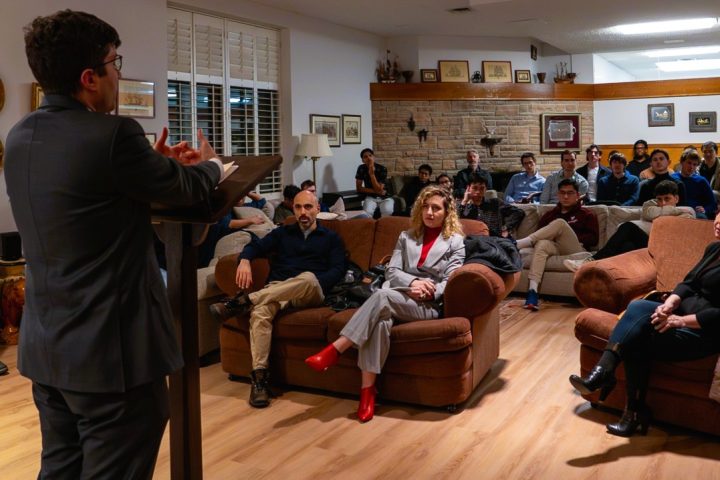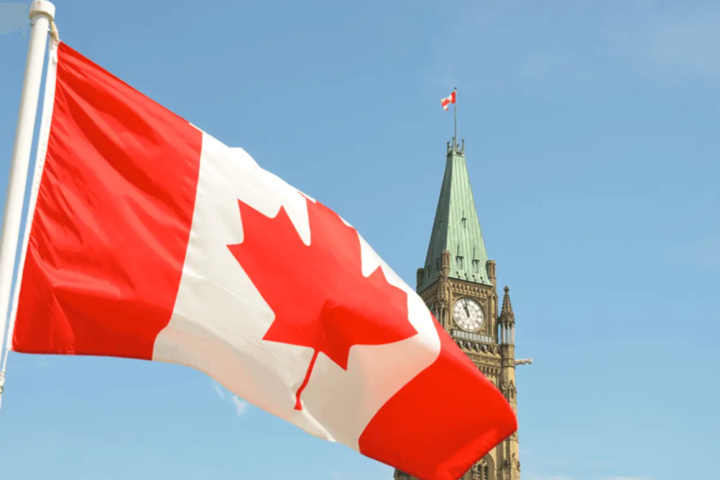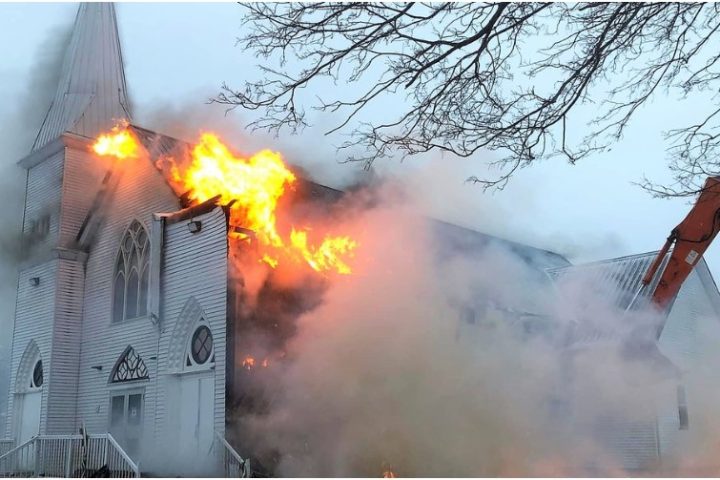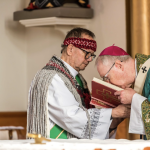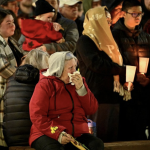“People had never divulged what happened to them” at St. Mary’s Indian Residential School, chronicler Philomena Fraser says in an interview with The B.C. Catholic. “They had kept it secret, and I learned a lot.”
Twenty years after collecting stories for a history of the Mission residential school entitled Amongst God’s Own, the Enduring Legacy of St. Mary’s Mission, by B.C. writer Terry Glavin, Fraser found herself ticking off names and revisiting the interviews she had travelled all over the Fraser Valley to collect from St. Mary’s students to include in the book, which has now been reprinted under the title St. Mary’s: The Legacy of an Indian Residential School.
Some of the original testimonies had gone missing, but for the most part, the new edition now contains nearly all the stories Fraser collected.

Most of the additions contribute to the negative aspects of the student experience at St. Mary’s.
“The one thing I brought to her [publisher Ann Mohs] attention was that they only used half the testimonies,” she said.
Fraser recalls the original fervour she experienced from the stories that came to her when the call was first put out for accounts of the residential school experience.
“Some of [the ex-students] practically called me,” she said while more stories arrived in the mail. Still others met with her on various reserves where lines of people would come to tell her their stories.
“When the first men broke down in front of me, I was devastated,” Philomena Fraser said. “You take on the shame as if it’s yours.”
Many Indigenous people whose testimonies now line the pages of St. Mary’s have since died, and Fraser wanted to ensure that the testimonies covered as much of the school’s history as possible.
There were some unexpected roadblocks. At least one man wanted to tell his story but could not share because he was in the middle of a court case regarding his time at the school.
Fraser, herself a student at St. Mary’s from 1948-1955, said hearing the stories was a shock. It wasn’t that she didn’t know abuse had happened at the school – her brother had been badly beaten while attending the boy’s school – but she hadn’t known how widespread the negative experiences were.
Money had been set aside for survivors to get counselling if they needed it, but Fraser said by the time she finished collecting the stories, she nearly needed therapy herself.
“When the first men broke down in front of me, I was devastated,” she said. “You take on the shame as if it’s yours.”

She has theories about why it took so long for people to open up about their experiences in residential schools. Anyone who goes through trauma can have a hard time opening up; shame keeps them quiet, and it didn’t help that even in the non-Indigenous Catholic world, for a long time, “you would never say anything negative about against a priest or clergy,” said Fraser.
Insofar as it gave an outlet for people to open up about their traumatic experiences, the book was a blessing. “Once the bubble popped [survivors] were willing to finally say ‘yes, this happened to me,” she said.
Fraser wasn’t the only one surprised by the book. She sold some of her original copies to Christian congregations in Surrey, and she said readers were shocked at students’ experiences.
Her brother Sidney Douglas’ story wasn’t included in the book’s original printing, which he had found disappointing at the time.

“A few stories that were important didn’t get published,” he told The B.C. Catholic. “A lot of the ones who have contributed to the book are gone now. My sister [Philomena Fraser] fought hard to include the others.”
He said that while some of the stories share accounts of abuse, that wasn’t something he experienced a lot of. Regardless, he has strong memories of running away from the school, trying to get home, and sneaking into the girls’ school to see his sisters.
“We were isolated from the girls,” he said. His sisters were older, and being unable to see them was upsetting for him and his brothers.
Of the approximately 4,400 new copies of St. Mary’s, some will be distributed around the Lower Mainland to various churches, religious organizations, First Nations organizations, and public institutions such as libraries.
The book will also be sent to Catholic schools, along with integrated learning packages for Grades 10, 11 and 12.

Longhouse Publishing founder Ann Mohs told The B.C. Catholic in an email that the book’s reception has been “extremely positive,” with readers appreciating the book’s balanced tone, context, and history it provides on the local residential school experience and its presentation of the history of the Oblates of Mary Immaculate, who administered the school.
From the B.C. Catholic


